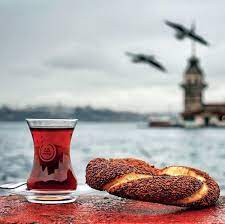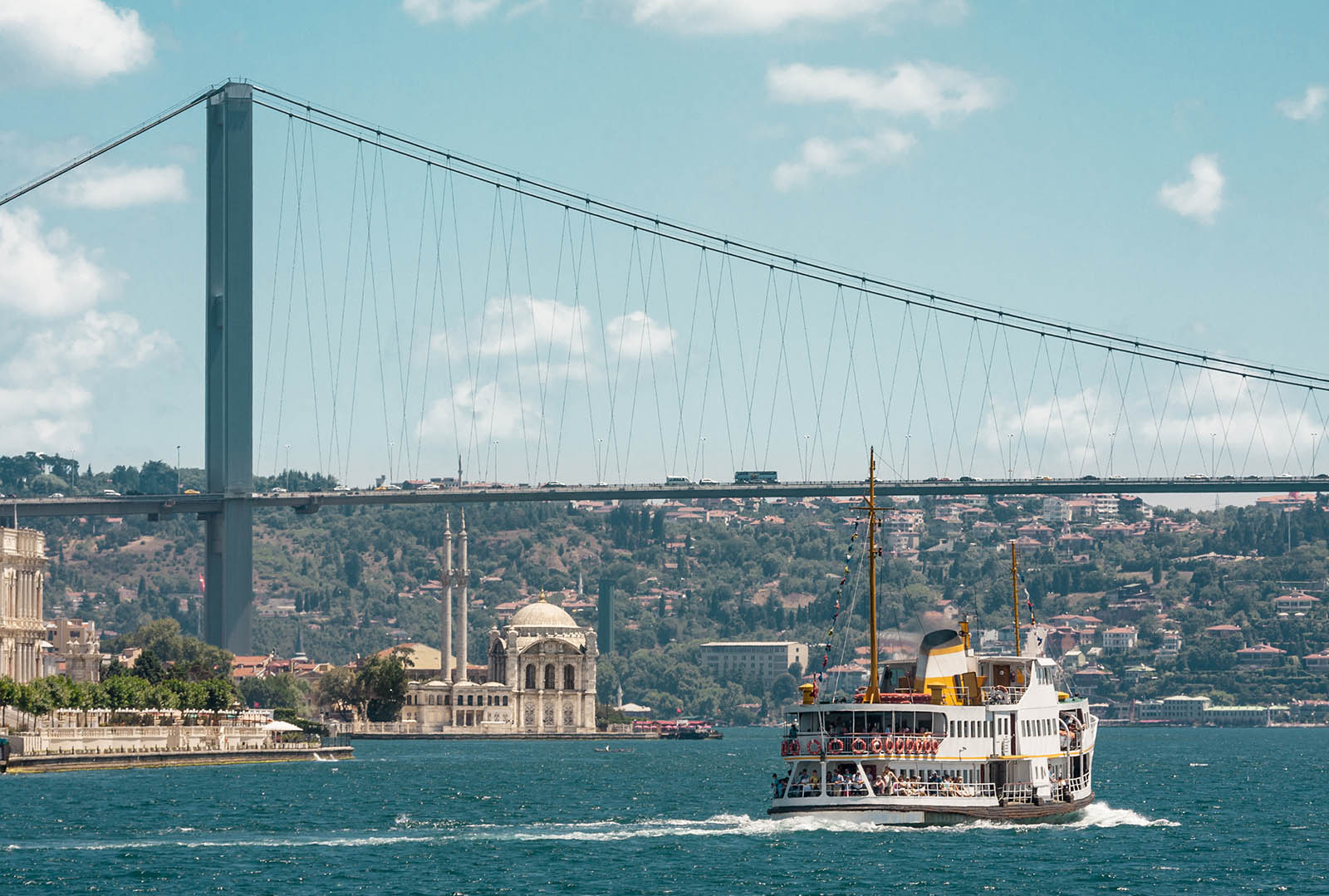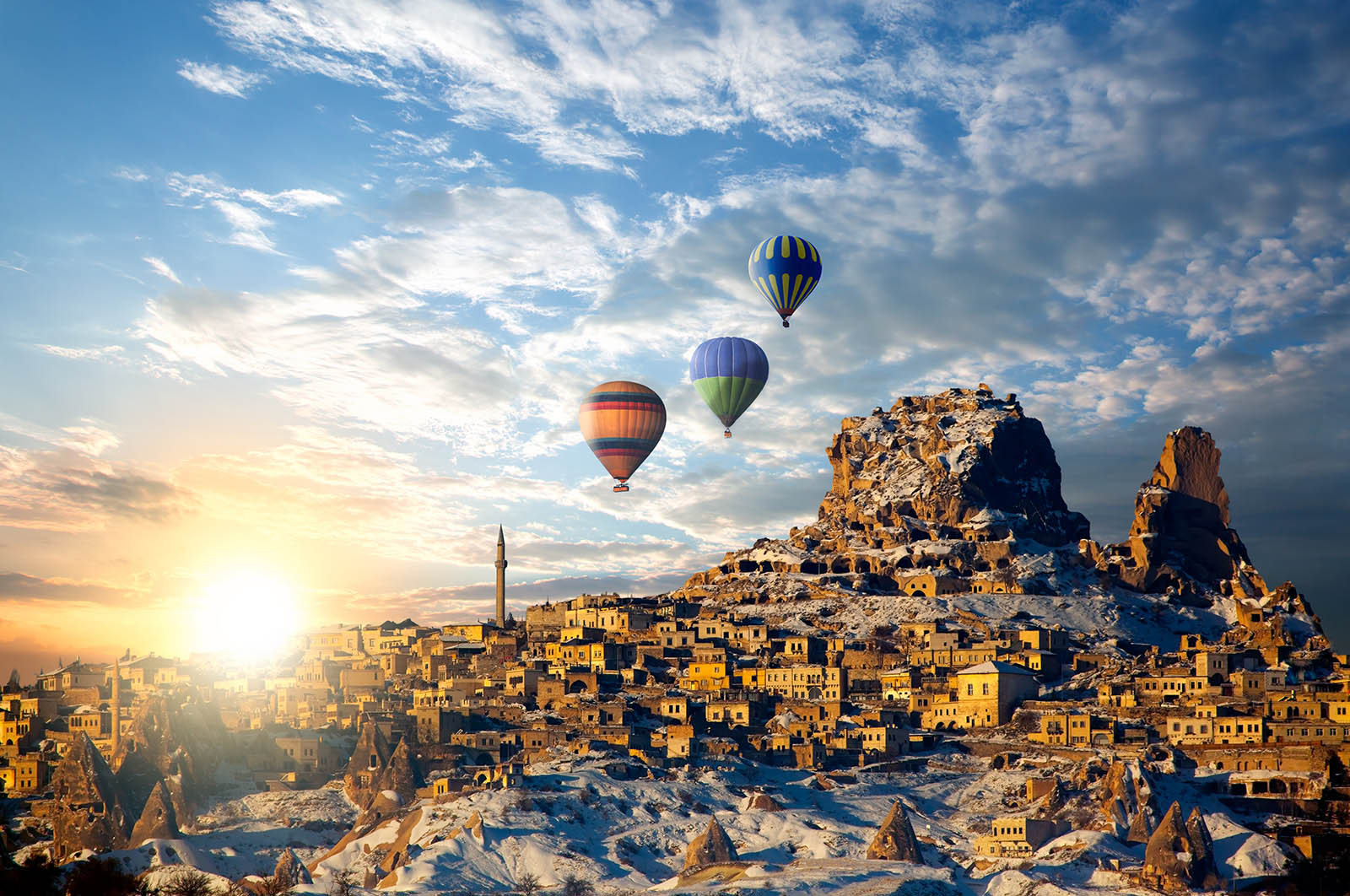ABOUT TÜRKİYE
Menu Bar



ABOUT TURKEY
When learning general information about Turkey, get ready because this beautiful country surprises everyone with ancient traditions, friendly Turkish culture, historical sites, delicious foods, and stunning landscapes. Sitting between East and west every day, I consider myself lucky to lead this lifestyle in an incredibly diverse and exciting country. I have travelled around many destinations and seen places that portray the world’s diversity and why Turkey is unique.
Turkey is surrounded by sea on three sides. The Mediterranean in the south, the Aegean in the west, and the Black Sea in the north. The Marmara Sea, in the northwest, includes the Istanbul and Dardanelles Straits and is a territorial water of Turkey.
Turkey, officially known as the Republic of Turkey, is both a European and an Asian country. It’s neighbour to the northwest is Bulgaria; Greece to the west; Armenia, Azerbaijan and Iran to the east; Georgia to the northeast; Syria to the south; and Iraq to the southeast.
Interesting Facts About Turkey
-
Tulips originated from Turkey and not Holland. With the Ottoman sultan’s approval, traders took them to Holland in the 16th Century. To see evidence of this, look at Islamic art made before then. Some original Turkish carpets also feature tulips in their regional patterns that portray folklore traditions.
-
St Nicolas, otherwise known as Santa Claus, originated from Turkey. When he was around, Turkey’s Southern Coast was under Greek rule. Out of all facts about Turkey, this surprises the most.
-
England’s patron Saint, St George, originated from Turkey. He was born in Cappadocia and later lived in Palestine. He was a Roman soldier however objected to the Romans persecution of Christians.
-
Some historians say Noah’s ark landed on Mount Ararat in Turkey. Many archaeologists and scientists make their way to this mountain to discover remains.
-
Istanbul, Turkey’s biggest city, sits on two continents. 3% is in Europe, and the rest in Asia. The 20-mile-long Bosporus divides the two parts.
-
The oldest church, called St Peters, is in Antakya. Today the church is a museum; however, it still holds services with special permission.
-
Turkey is a self-sufficient country. If trade with other countries ceased, citizens would have access to all food, fuel, and energy.
-
In the late 1950s, a nun dreamt about the Virgin Mary’s last resting place. She directed archaeologists to a house in the Selcuk mountains. Archaeologists discovered a house just like the nun said they would. The late pope visited and verified the house as the Virgin Mary’s last resting place. Today monks and nuns hold Christian services at this well-known tourist attraction and place of worship. While there, drink water from the wishing well, and light a candle in the church.

